23 ultimate photography tips from professional photographers
Looking to get better at photography? Start by reading this article, then visit The Photography Show

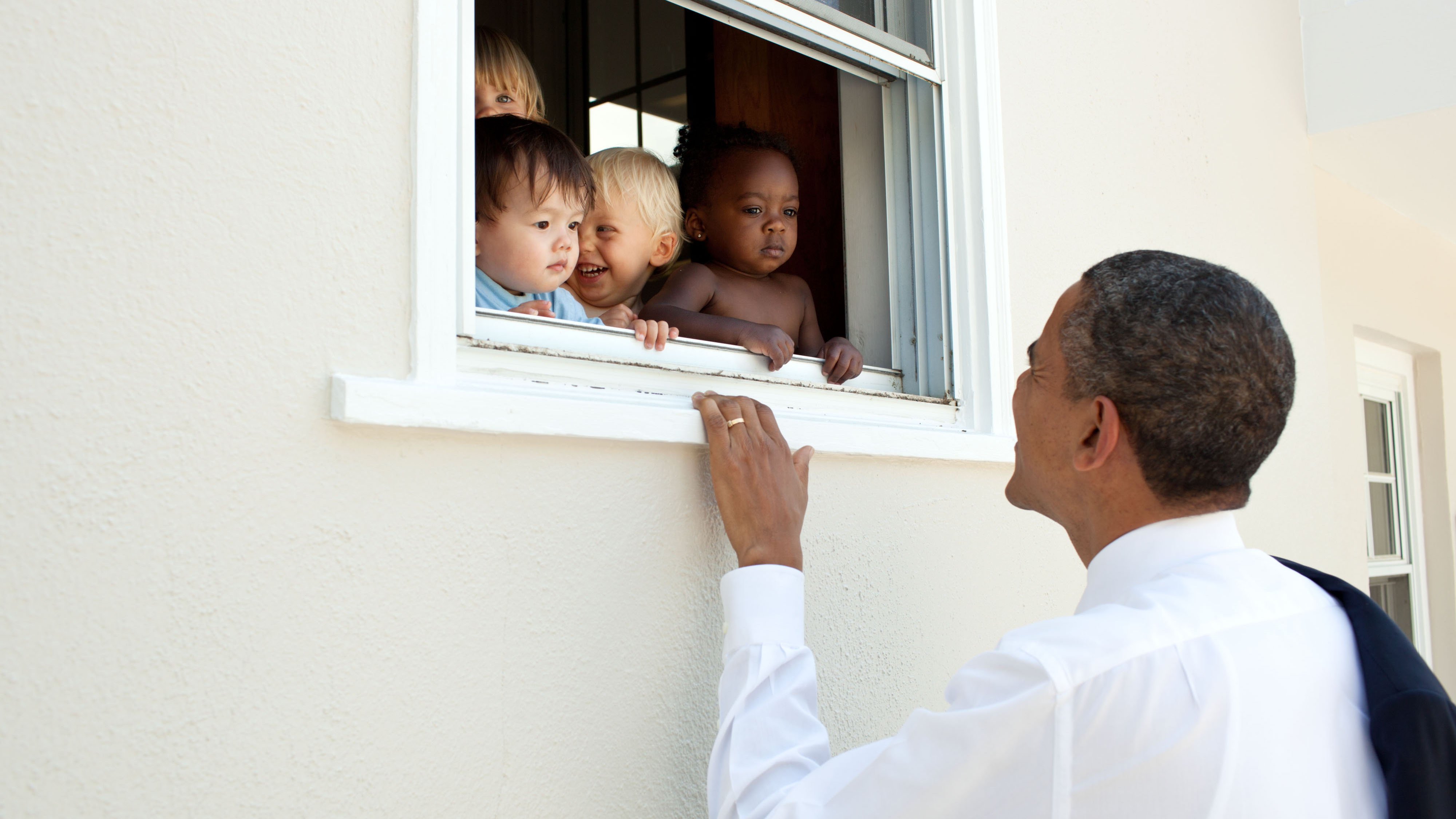
The Photography Show is right around the corner (16-19 March, NEC), and this year's Super Stage line-up is filled with guests you won't want to miss.
From politics to travel and adventure to high-end fashion, you'll get the opportunity to see legends such as Martin Parr, Pete Souza, Lindsay Adler and award-winning wildlife cameraman and presenter Gordon Buchanan take to the stage to give insightful talks on their careers, what they’re inspired by, and how they approach their work.
Tickets for the Super Stage sell out quickly, so make sure you book your space at your chosen sessions today. Tickets cost £12 per session and will be hosted at the Toute Suite.
To give you a little taster of the wisdom they'll be sharing, we've collected some top photography tips from the key speakers, with advice ranging from the best way to photograph children, to how to find your own style.
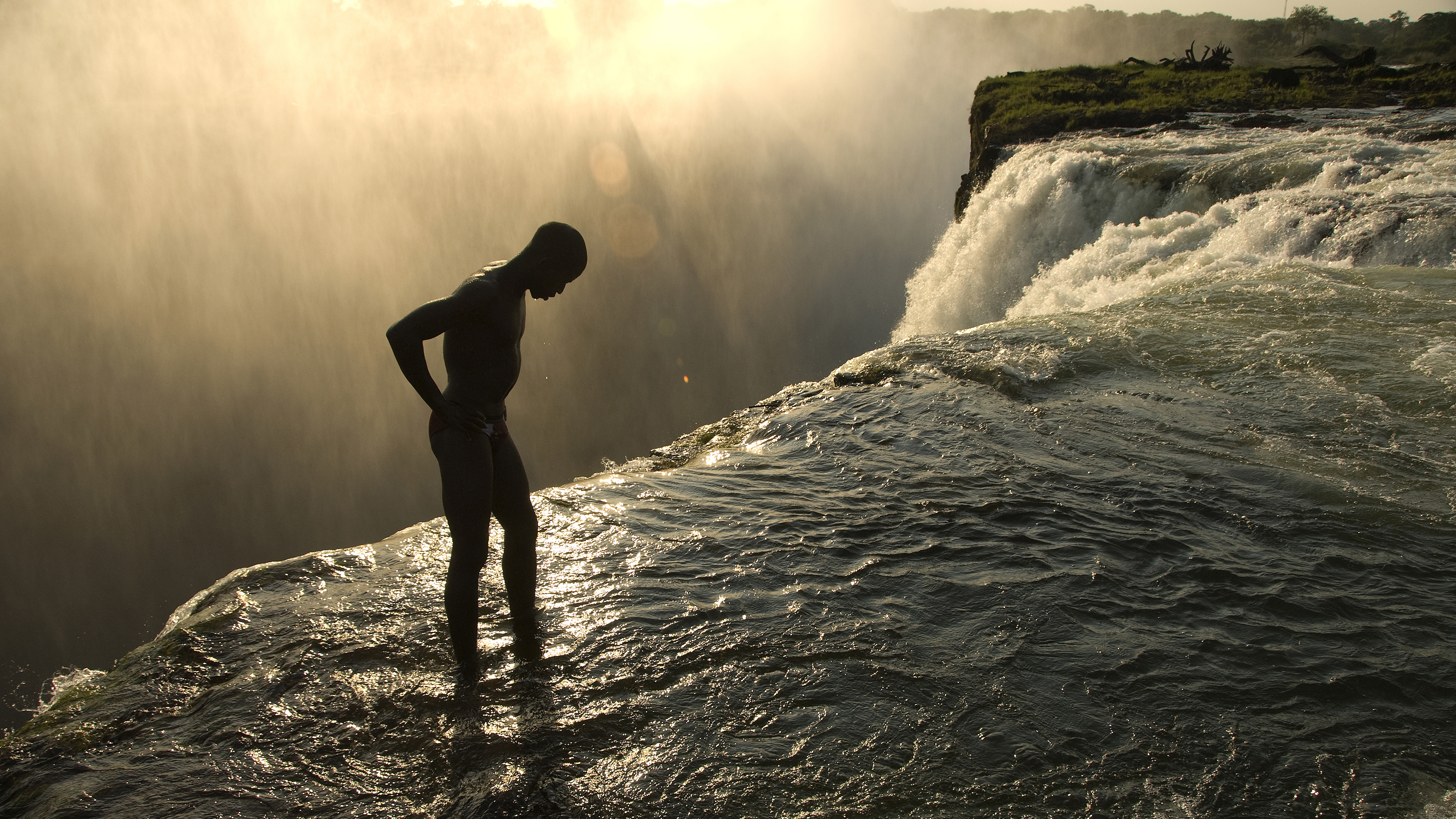
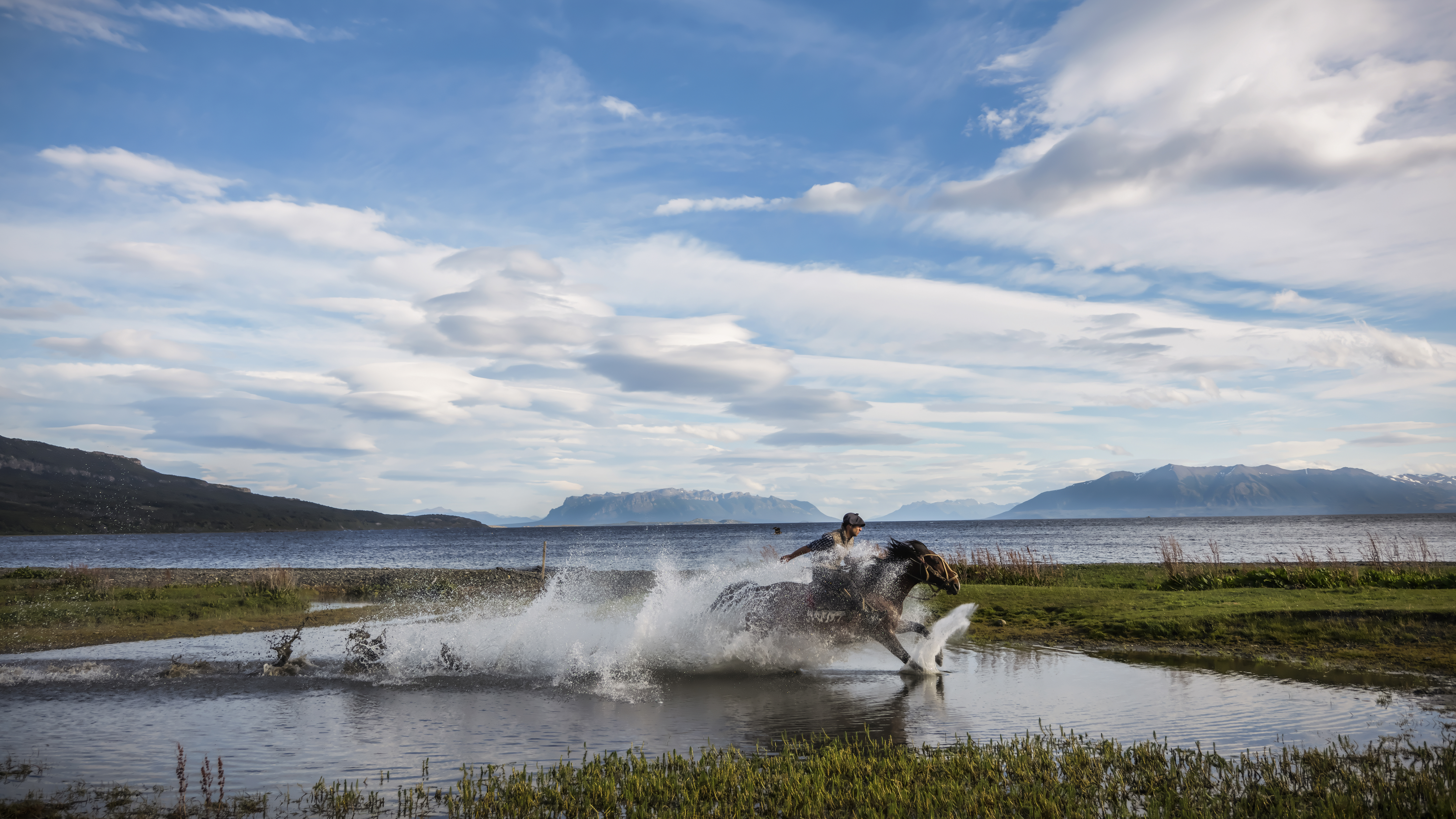
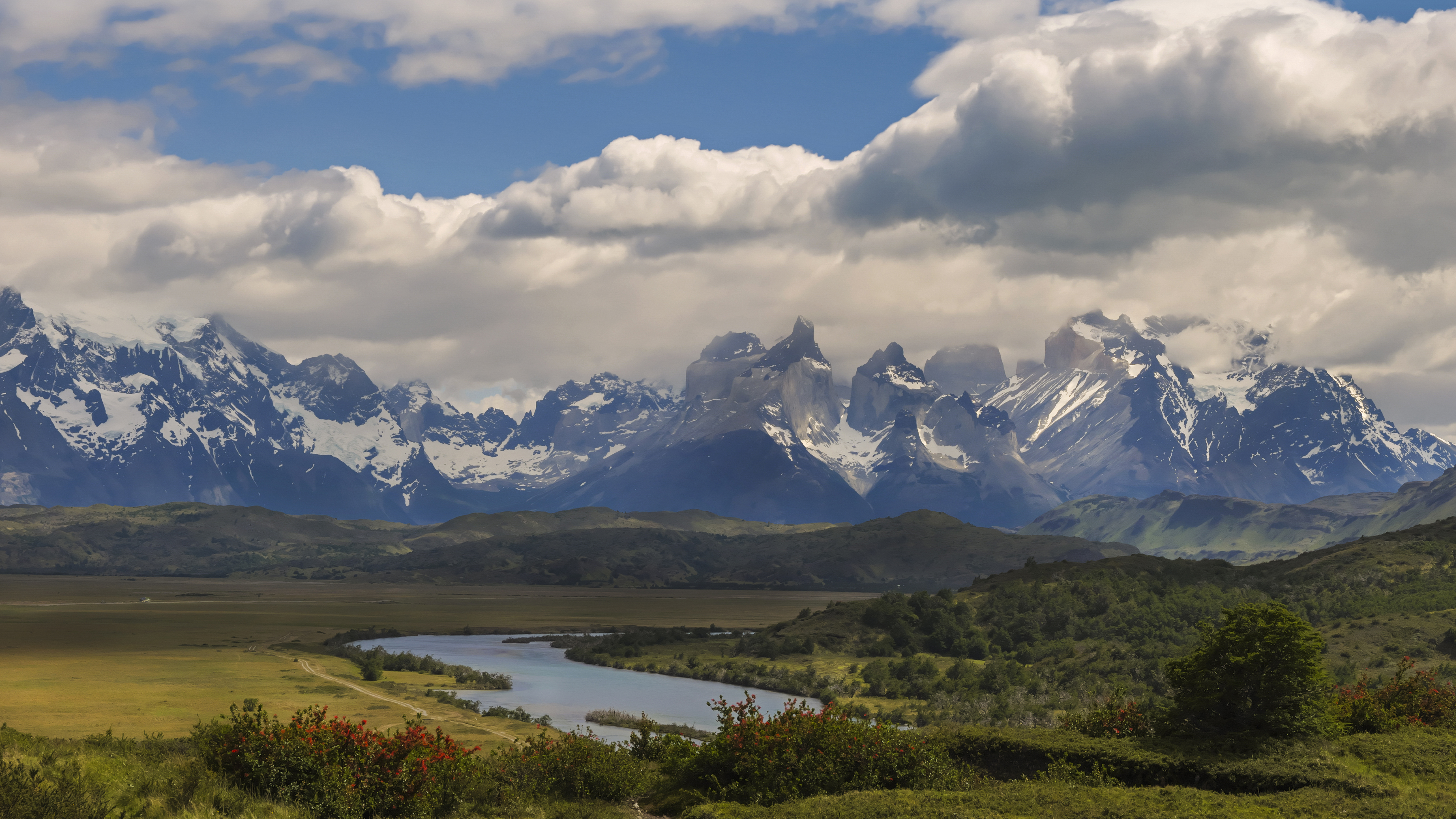
Annie Griffiths
Super Stage
Photography Is Good
17 March, 15:30
Annie Griffiths shares her journey from a rural Minnesota newspaper to the pages of National Geographic Magazine and beyond
Tips:
Get all the latest news, reviews, deals and buying guides on gorgeous tech, home and active products from the T3 experts
- When photographing children, get down to their level. Pictures of kids are far more appealing when you’re on their level, seeing things as kids see them.
- Bad weather makes for a good picture. Fog, storms, snow and dust all create atmosphere that will add mood to your images – think about this when you are next in bad weather.
- A wide-angle lens can be your best friend when shooting landscapes. If you can find something to anchor the photograph in the foreground while capturing the scene beyond, the viewer will feel like they are standing there with you.
- Look for light – it is the essential element in all photography. Light comes in many forms, so don’t limit yourself to sunrise and sunset, but learn to appreciate soft light or touches of light in a scene. It doesn’t have to be natural light at all.
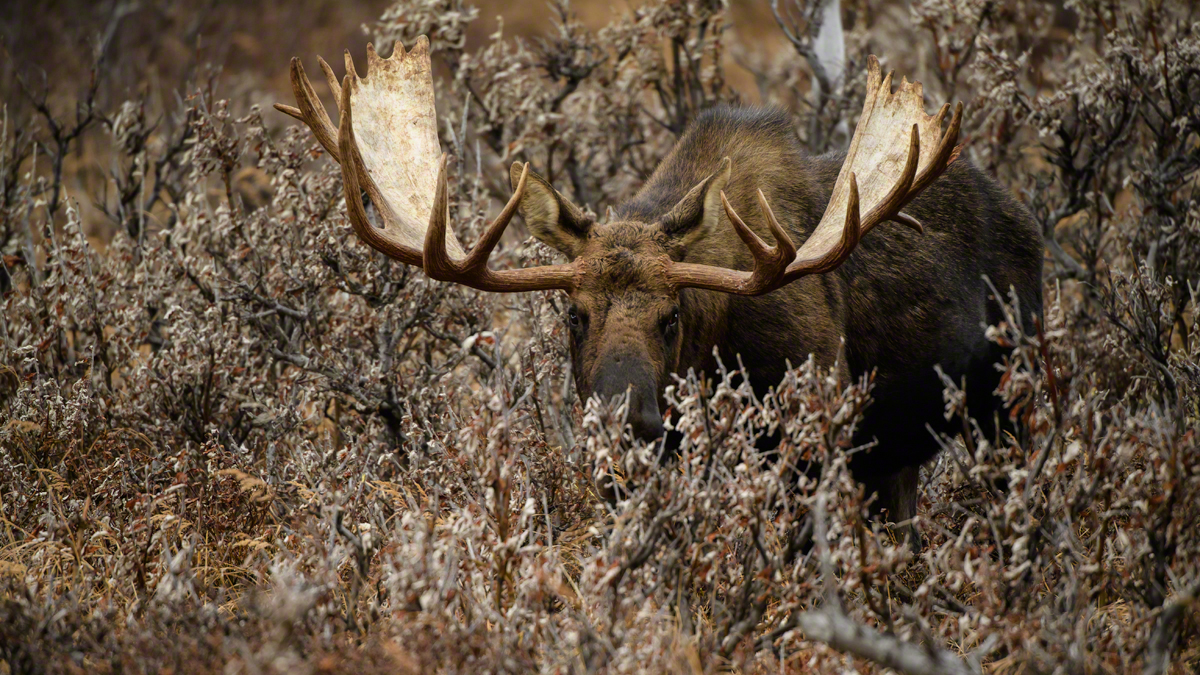
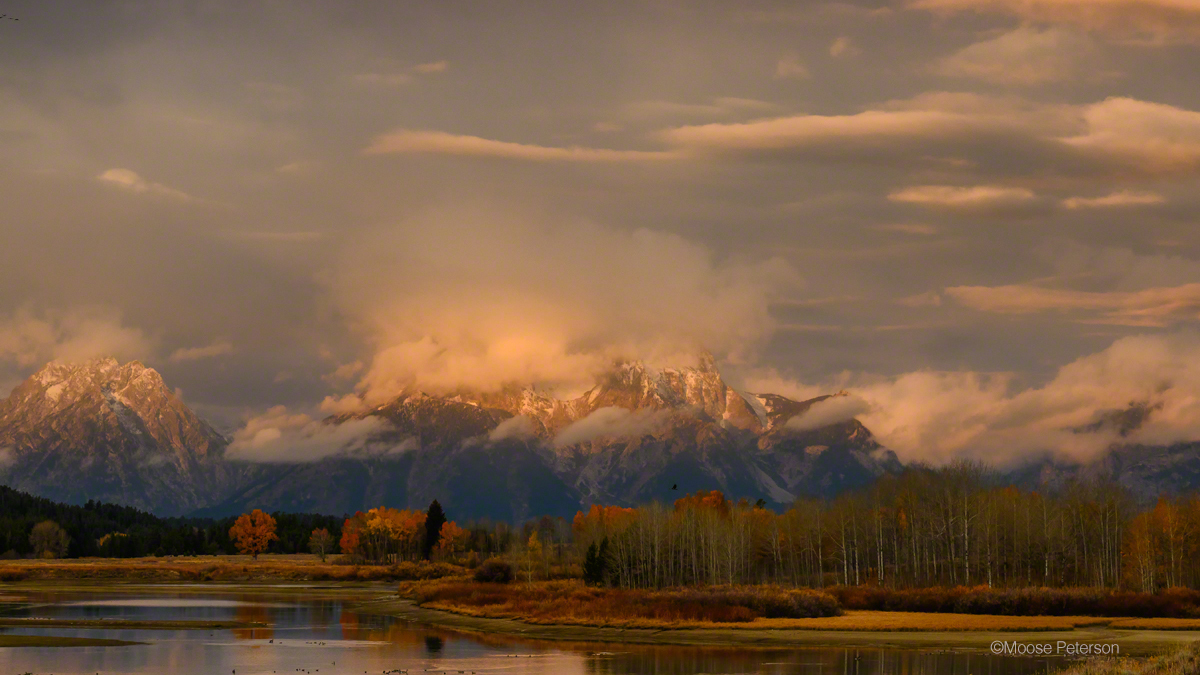
Moose Peterson
Super Stage
Birds to Planes – Stories of Passion
17 March, 13:15
Join Moose as he takes the audience into the skies and briefs on all things aviation photography
Tips:
- The number one piece of advice I give to all photographers is “give yourself time”! Time to learn, time to shoot, time to grow and time to become a better photographer. It doesn't happen overnight, nor even over a year, but over many years so it is important to realise this.
- I can't emphasis this enough – practice hand-holding every day. Grab the camera with your left-hand palm turned up, letting the lens rest in your palm. Use your right hand with your finger ‘rolling’ on the shutter release to first activate the camera and then fire it. Bring your elbows into your sides and bring the camera firmly back against your head. Practice this every day until you can take sharp photographs easily at 1/20.
- Read, read, read! The more you read, the better a photographer you will become. Photography is all about visual storytelling and the more words you have in your mind, the better you'll become at arranging elements in the viewfinder to tell a story.
- Exposure equals emotion. You want to bring power to your photographs and you've got to have emotion. To have emotion, you must use exposure compensation to evoke it.
- Before you buy any new tool, try it out first. For example, you can rent camera bodies and lenses or use the 30-day trials on software. Plan your trial period so when you are testing that new tool, you have time to be brutal, honest and can make sure that it fits your photography. It will not only save you money in the long run but will make you a better photographer.

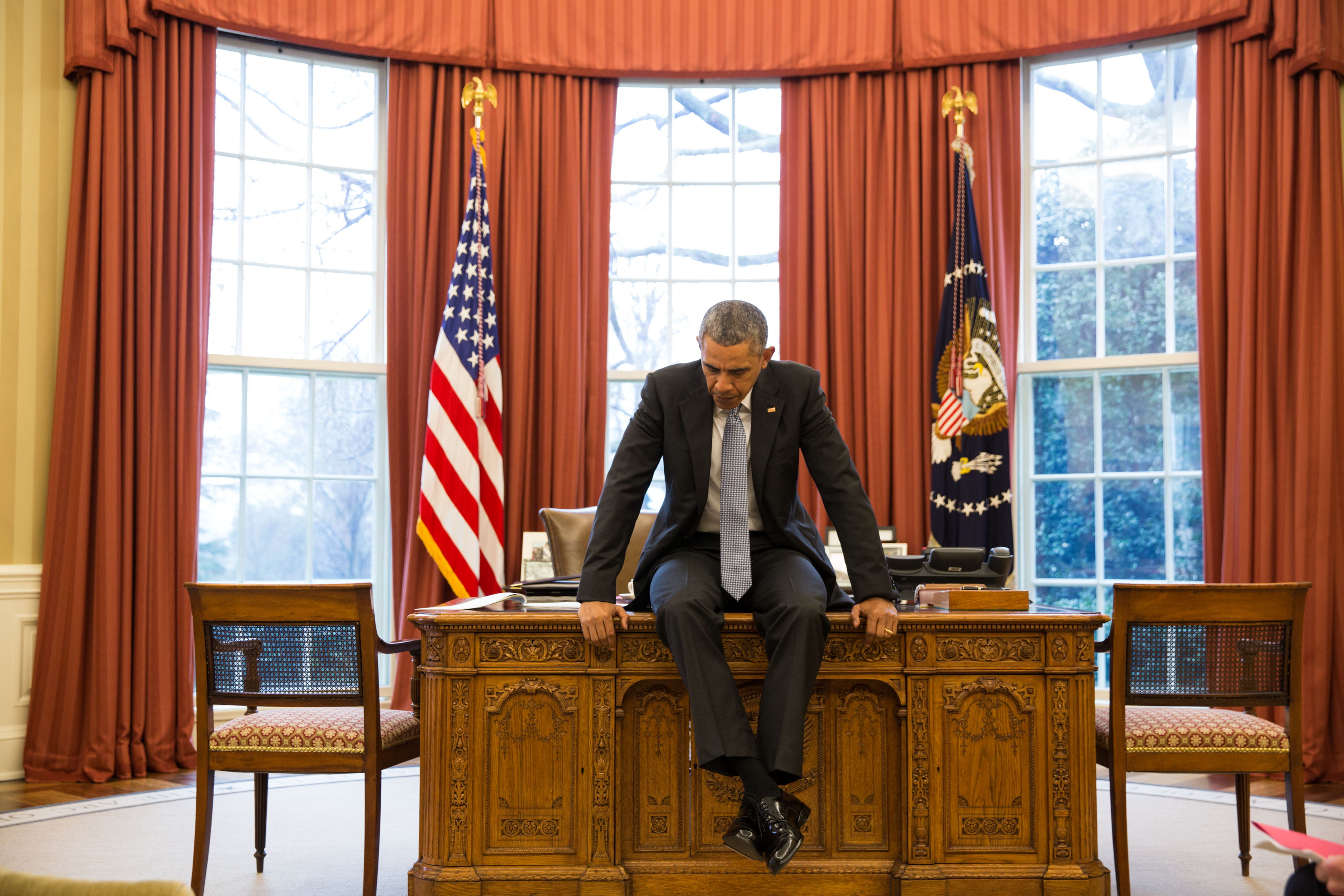
Pete Souza
Super Stage
Behind-the-Scenes with President Obama
Saturday, 16 March, 13:15-14.30
Join Pete as he shares highlights of his award-winning photojournalism career, including what it’s like to document the inner workings of the most powerful office in the world and the stories behind some of his most memorable images.
Tips:
- Always carry a camera. You can’t take a photograph if you don’t have a camera with you.
- Shoot pictures every day. Cartier-Brisson once said his worst photographs were his first 10,000 – so get out there and make photographs on a daily basis.
- Everyone will tell you to shoot pictures when the light is nice – in the early morning or late afternoon. But, I’d also suggest to shoot pictures when the weather is really bad – fog, rain, snow and wind equals potential for good photographs.
- It’s fine to photograph exotic locations, but don’t forget to photograph what is familiar to you, including your own family.
- Don’t be afraid to make mistakes.
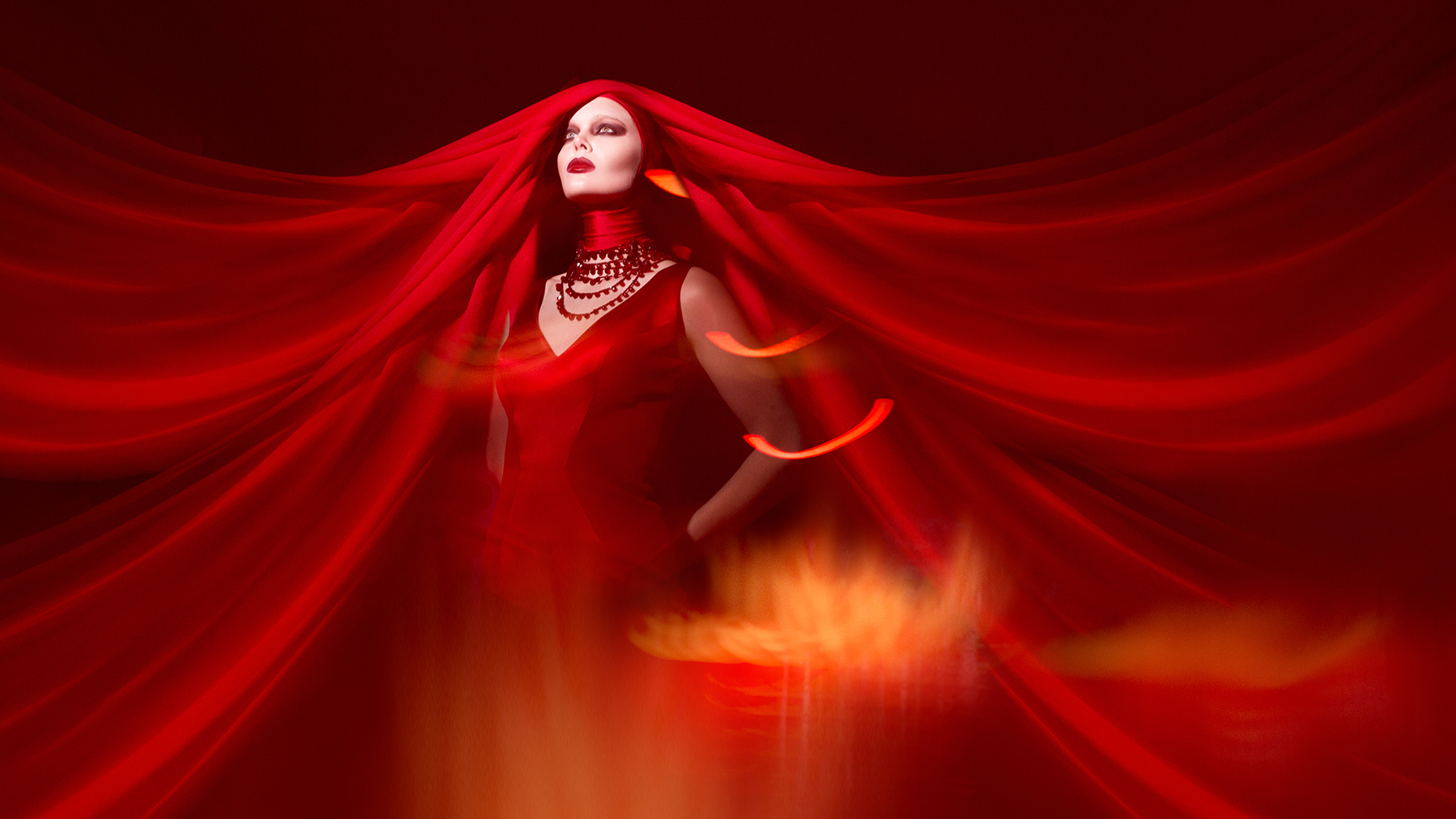
Lindsay Adler
Super Stage
The Creative Edge
Monday, 18 March, 13.15 -14.30
Renowned fashion photographer Lindsay will discuss how she graduated from ordinary photography to extraordinary image making and will share how she maintains her creative edge.
Tips:
- Lead with your concept: Techniques are the tools through which you express an idea. Always start with your concept or purpose of the photo. Why are you making the image? How should this image make the viewer feel? Once you know the idea, then you can figure out which techniques help you communicate this idea. In fact, it starts to make things easier because then you can decide which colours, poses, lighting and focal lengths best express your underlying concept.
- Find a style: Find your own unique photographic voice and sing with it from the mountain tops! Your perspective on the world is likely one of the most important elements to help you stand out from the crowd and be memorable. Think of your favourite photographer – I guarantee they have they own, easily recognisable style that helps you to remember and adore their work.
- Rejection Isn't Failure: When you have a unique and valuable vision you won’t be a good fit for everyone, but you’ll be the perfect fit for some. Spent time refining your style and vision and then seek out clients that will be a great fit for this vision. Don't try to be everything to everyone – this is a recipe for disaster and being easily forgettable.
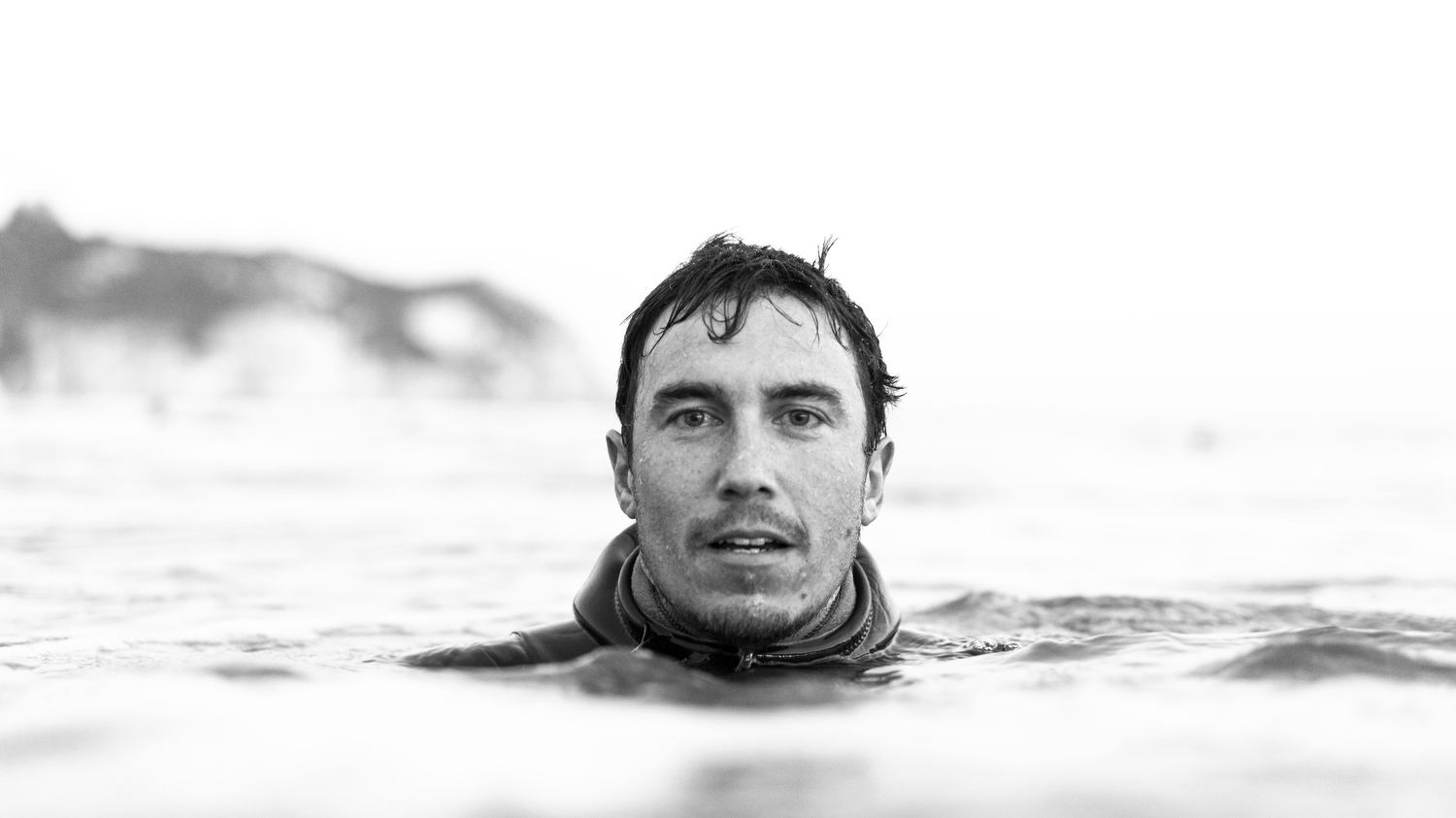
Chris Burkard
Super Stage
The hard way home: Lessons learned from a decade in cold water travel
Tuesday, 19 March, 13:15 - 14:30
Chris Burkard will take the stage to share, for the first time, some of the greatest lessons he has gained from behind the lens.
Tips:
- Shooting images at night with a bright subject, such as a fire, can be difficult to achieve a balanced, even exposure. Consider using either a dimly-lit source, such as a slowly burning fire or a flashlight for a short amount of time if trying to light a car or some other exposure. Having a natural source, such as a fire, in a dimly lit scene can add some warmth to an otherwise cold-looking scene.
- Long exposures are a great way to get creative with your shots – allowing for motion to come alive in your photos. This is especially apparent with moving water. To achieve this look, slow down your shutter speed to between 5 and 30 seconds long. Waterfalls, beach shores and other subjects benefit from this technique. Don't forget a tripod, or you'll end up with a blurry image. Don't have a tripod? Try stabilising your camera on a steady rock in a pinch!
- Try and shoot on nights when the moon is bright and shy away from cities or towns so as not to catch the glow from lights and street lamps. The more remote, the better!
- Don't forget to pack a wide-angle lens for those aerial shots. When you're up somewhere high, you have the opportunity to capture a perspective that is completely unique and out of the ordinary. Mountains, rivers, and landscapes assume an entirely different shape and form that can very easily take your breath away.
- Including a human element in a landscape photo offers the viewer perspective and helps them relate to the grandeur of the setting. This approach helps the viewer physically engage with the photo by placing themselves in that frame as if they were there. It also clearly shows the scale and dynamic of the landscape in comparison to the person.
- Looking for bonus points? Keep an eye out for bright and vivid clothing – it helps clearly define the subject to stand out in the landscape.
The Photography Show runs from 16-19 Match and will – for the first time – run alongside the inaugural The Video Show which has been created to inspire a growing community of video-makers. The two shows (accessible with one ticket) will encompass all the latest kit and insights that any aspiring or established photographer or filmmaker could wish for. Attracting thousands of photography enthusiasts and professionals every year, the event is unmissable for anyone passionate about photography and moving image.
Liked this?

As the Style and Travel Editor at T3, Spencer covers everything from clothes to cars and watches to hotels. Everything that's cool, stylish, and interesting, basically. He's been a part of T3 for over seven years, and in that time covered every industry event known to man, from CES and MWC to the Geneva Motorshow and Baselworld. When he's driving up and down the country in search of the greatest driving roads, he can be found messing around on an electric scooter, playing with luxury watches, or testing the latest fragrances.